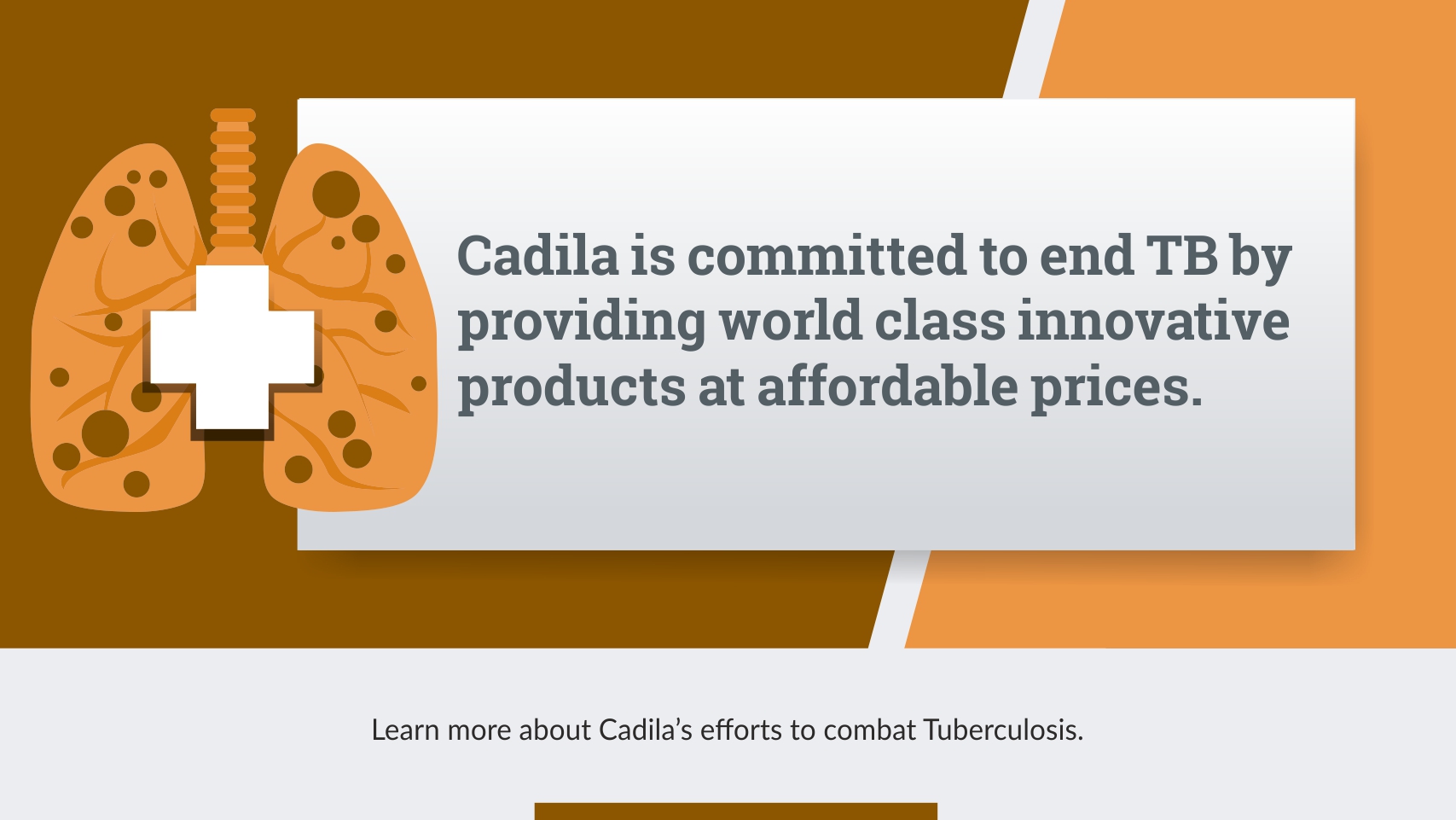- Home
- Healthcare Every Breath Counts-End Tuberculosis


Every Breath Counts-End Tuberculosis
31st Mar, 2021
March 24th is observed as World TB Day internationally to spread awareness about Tuberculosis and commemorate Robert Koch for his discovery of the bacterium Mycobacterium tuberculosis.
The theme for this year’s TB Day: ‘The Clock is ticking’ alludes to the role of covid-19 in increasing the global disease burden of TB and the urgency with which world leaders must act.
The onset of Covid-19 has posed extremely difficult challenges and hurdles in the fight to end TB. According to a research by WHO from over 80 countries, there was a 21% reduction in the number of patients receiving TB care. (India Today, 2021).
What is Tuberculosis?
Tuberculosis (TB) is a disease caused by Mycobacterium tuberculosis which usually attacks the lungs. However, organs such as the kidney, spine, and brain are also susceptible to it. Most importantly, not everyone infected with TB bacteria fall sick. Thus, two TB-related conditions exist. The first is latent TB infection (LTBI) and the second is TB disease with symptoms like cough, chest pain, fatigue and weight loss.
How can you contract tuberculosis?
Due to a lack of awareness, there is unfortunately a stigma attached to the disease. As a result, people with mild to severe TB are discriminated against and do not receive the right support. A healthy person can contract TB only when he/she inhales TB bacteria dispensed into the air by a TB-affected person when the latter sneezes, coughs, sings or speaks. One cannot contract TB by sharing personal items like clothes, eating utensils, drinking glasses, toilets, physical contact, etc.
Why is there an urgency to end TB?
TB is a preventive and curable disease yet it is the world’s largest killer infectious disease. Since 2000, global efforts to combat TB have saved an estimated 63 million lives. However, we still have a long way to go. India bears the world’s highest TB burden with 55 people every hour dying due to TB disease.
These dismal statistics indicate the grave danger tuberculosis poses to India’s economic growth and human development as it mainly affects adults in their most productive years (Central Tuberculosis Division, Govt. of India). Myths around the disease and delays in health care seeking remain important issues in battling TB.
End TB – A social and behavioural change
In the last twenty years, an explosion of research in the social sciences has demonstrated that seemingly small changes in the decision environment, such as a change in the way information is framed, or a change in the default, can result in large changes in behaviour.
According to AIIMS Director, Dr Randeep Gulleria, “It is essential for all stakeholders to join their hands to develop strategies to rebuild the tuberculosis elimination program to ensure a TB-Free India.”
The key is to simplify the patient care cycle by involving multi-sectoral actors to take concrete and actionable steps to control TB. These include:
- Awareness generation and infection control: Stronger community engagement, patient education and information sharing through IEC materials, campaigns, etc.
- Socio-economic support to patients: Robust socioeconomic support to TB patients who normally belong to low income backgrounds, have poor nutrition, housing problems, etc.
- TB-free workplaces: Employers taking a greater role in spreading awareness and ensuring their employees, especially high-risk groups such as miners are TB-free. Specially designed programs for KAPs (Key Affected Populations) or most vulnerable to TB such as factory workers, sex workers, prisoners, etc.
- CSR and investments in TB: Urging companies to spend more on TB-related intervention programs, structured programs for public-private partnerships
Today technology offers tremendous benefits as we seek to reach the masses, but providing access, by itself, does not address community stigmas, burdensome treatment protocols, healthcare resource shortages or a general lack of information, motivation and support.
The focus should be more on the use of “nudges”, particularly for more effective promotion of prosocial behaviour. The goal should be to increase accountability, decrease plausible deniability, and communicate expectations.
‘Through our campaign-Cadila Crusade against TB, we have collaborated with over 7000 healthcare professionals in our fight against Tuberculosis. We will continue to create awareness and pledge to End TB by providing world class innovative products at affordable prices.’ says Mr Suresh Gupta, President – Sales and Marketing, Cadila Pharmaceuticals Ltd.
Viewers / listeners are strictly advised to go with final opinion, advise on critical health/medical related issue by following their own family physicians/health advisory only.
Array ( )
To give you the best possible experience every time you visit our site, we use cookies to identify and store your preferences on your browser. Continuing to browse our site means that you are "ok" with this. Learn more about our privacy policy.
Okay

